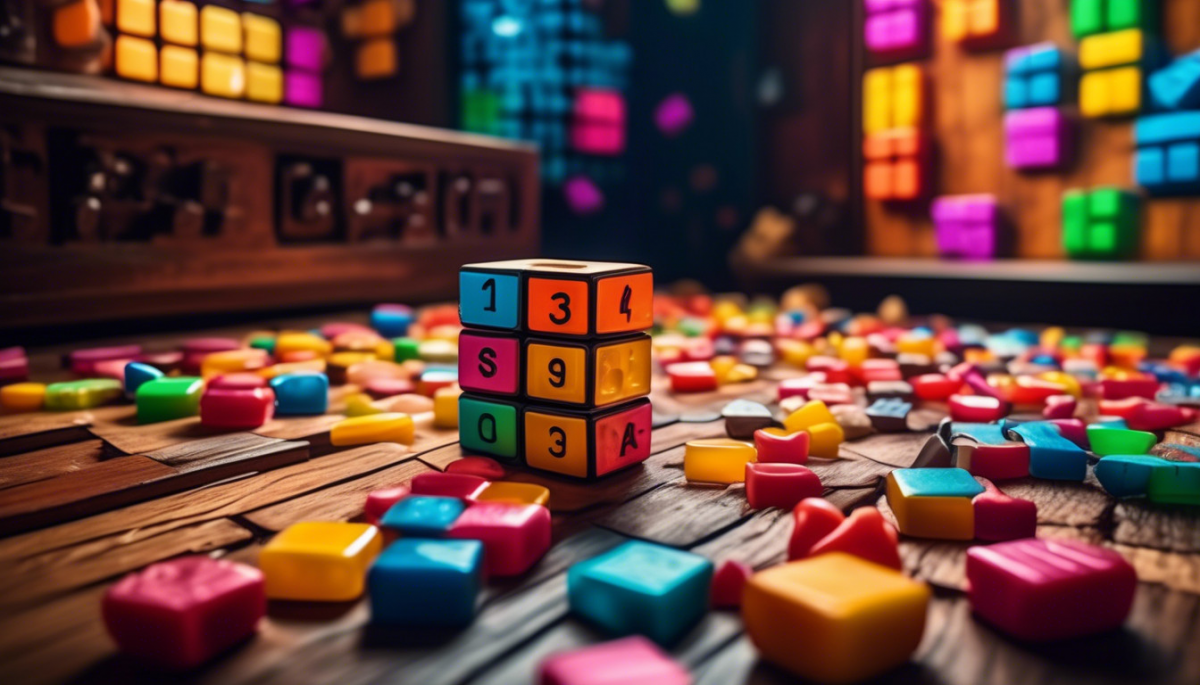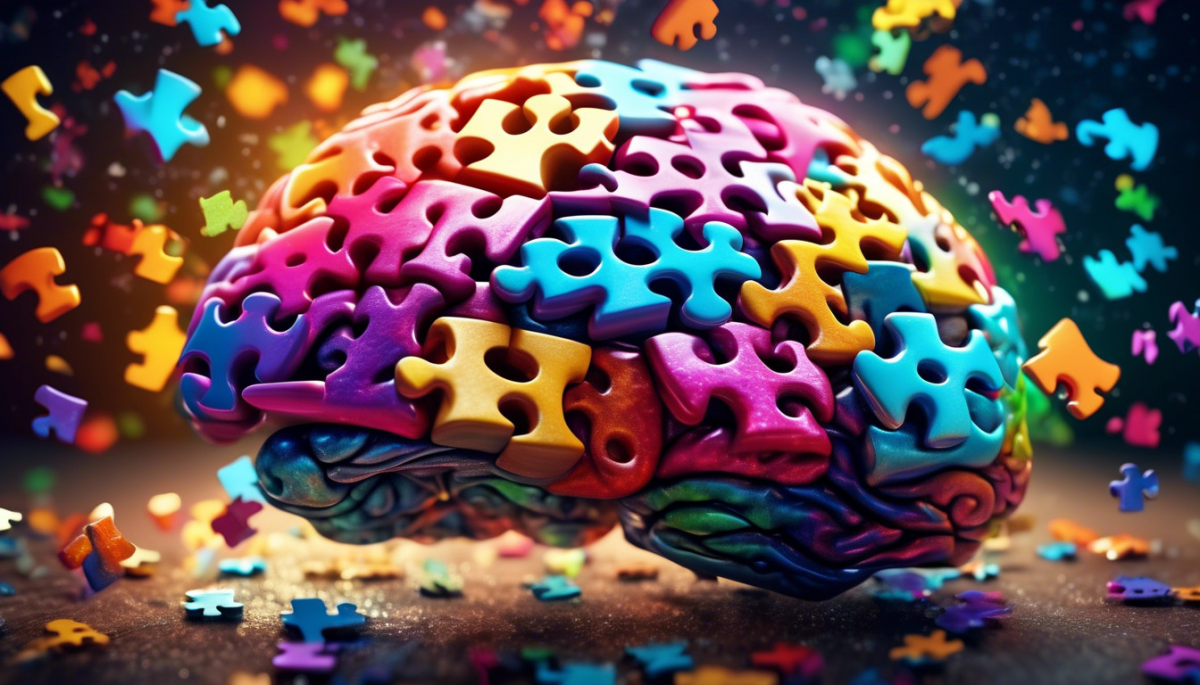Puzzle games have long captivated individuals with their unique ability to engage both cognitive and motor skills. These games, ranging from classic jigsaw puzzles to intricate digital brainteasers, offer a stimulating platform for mental exercise and entertainment.
This article delves into the diverse world of puzzle games, highlighting how they challenge and refine mental acuity and reflexes. By presenting a variety of game types, the article aims to showcase how each category offers distinct cognitive benefits and demands different skill sets.
Key Areas of Cognitive Benefits:
- Testing problem-solving abilities
- Enhancing spatial awareness
- Sharpening quick-thinking skills
Puzzle games provide an interactive experience that encourages continuous learning and adaptation. Additionally, the article explores the psychological and neurological impacts of regular engagement with these games, emphasizing their potential to improve memory, concentration, and overall mental agility.
By examining popular and emerging puzzle games, this piece seeks to illuminate the multifaceted nature of these intellectually enriching activities.
Benefits of Playing Puzzle Games
Puzzle games offer numerous cognitive benefits, enhancing problem-solving skills and improving memory retention.
Engaging in these games regularly contributes to increased mental acuity, which is essential for navigating complex situations both in personal and professional settings. The diverse challenges presented by puzzle games require the use of:
- Logic
- Strategic planning
- Pattern recognition
These skills are transferable to real-world scenarios. As members of a community that values cognitive engagement, individuals can find common ground through shared experiences with these games.
Furthermore, puzzle games serve as an effective tool for refining reflexes.
The timed challenges and quick decision-making required in many of these games promote:
- Faster processing speeds
- Heightened concentration
This improvement in reflexes aids in performing tasks that demand quick responses, thereby benefiting various aspects of daily life.
The combination of enhanced mental acuity and improved reflexes not only enriches the gaming experience but also fosters a sense of camaraderie among those who appreciate the intellectual stimulation puzzle games provide.
Types of Puzzle Games to Explore
A wide variety of puzzle games, each offering unique challenges and benefits, invites exploration and engagement. These games serve to stimulate mental acuity and enhance reflexes, providing a platform for both solitary reflection and communal interaction.
Logic puzzles, such as Sudoku and crosswords, focus primarily on mental acuity by requiring players to engage in strategic thought and pattern recognition. These games are ideal for those seeking to refine cognitive skills in a structured environment.
Conversely, action-based puzzle games, like Tetris or Candy Crush, emphasize reflexes and quick decision-making. These games demand rapid responses and adaptability, fostering a sense of urgency and excitement. Such games often incorporate elements of competition and cooperation, appealing to individuals who thrive in dynamic settings.
Additionally, escape room games and brain teasers blend both mental acuity and reflexes, offering immersive experiences that require teamwork and communication.
By exploring these diverse types of puzzle games, players can find a sense of belonging within communities that share similar interests and goals.

Impact on Mental Acuity
Engaging in various puzzle games significantly enhances cognitive functions by sharpening problem-solving skills and improving memory retention. These games often require players to engage in complex thought processes, fostering an environment where critical thinking thrives.
As players navigate through intricate challenges, they:
- Develop the ability to analyze situations.
- Make informed decisions.
- Boost mental acuity.
Additionally, regular engagement with puzzle games can lead to improvements in:
- Concentration
- Attention to detail
Both are essential for effective learning and comprehension.
Moreover, the repetitive nature of puzzle-solving contributes to enhanced memory capabilities. This process involves recalling strategies and solutions, which strengthens neural connections over time.
Puzzle games not only stimulate the mind but also create a sense of community among players who share similar interests. This shared experience fosters a sense of belonging, encouraging individuals to:
- Collaborate
- Exchange ideas
- Challenge each other in a supportive environment
In doing so, puzzle games provide a valuable platform for both mental development and social interaction.

Enhancing Reflexes Through Gameplay
Many puzzle games require quick responses and sharp reflexes, challenging players to react rapidly to changing scenarios. This dynamic aspect not only tests mental acuity but also significantly enhances reflexes.
The nature of these games necessitates the honing of split-second decisions, fostering a community of individuals dedicated to self-improvement and skill enhancement. Through continuous engagement, players develop heightened reflexes that can benefit real-world tasks requiring quick thinking and rapid responses.
In particular, fast-paced puzzle games push players to adapt to new patterns and obstacles, promoting agility and precision. These experiences cultivate an environment where players can collectively share strategies and insights, creating a sense of belonging among enthusiasts.
The interaction with complex puzzles under time constraints trains the brain to process information more efficiently, thereby improving overall reflexive capabilities.
The combination of mental acuity and reflex development in puzzle games offers an enriching experience, encouraging players to repeatedly engage with challenging scenarios, thus advancing both cognitive and physical responsiveness.
